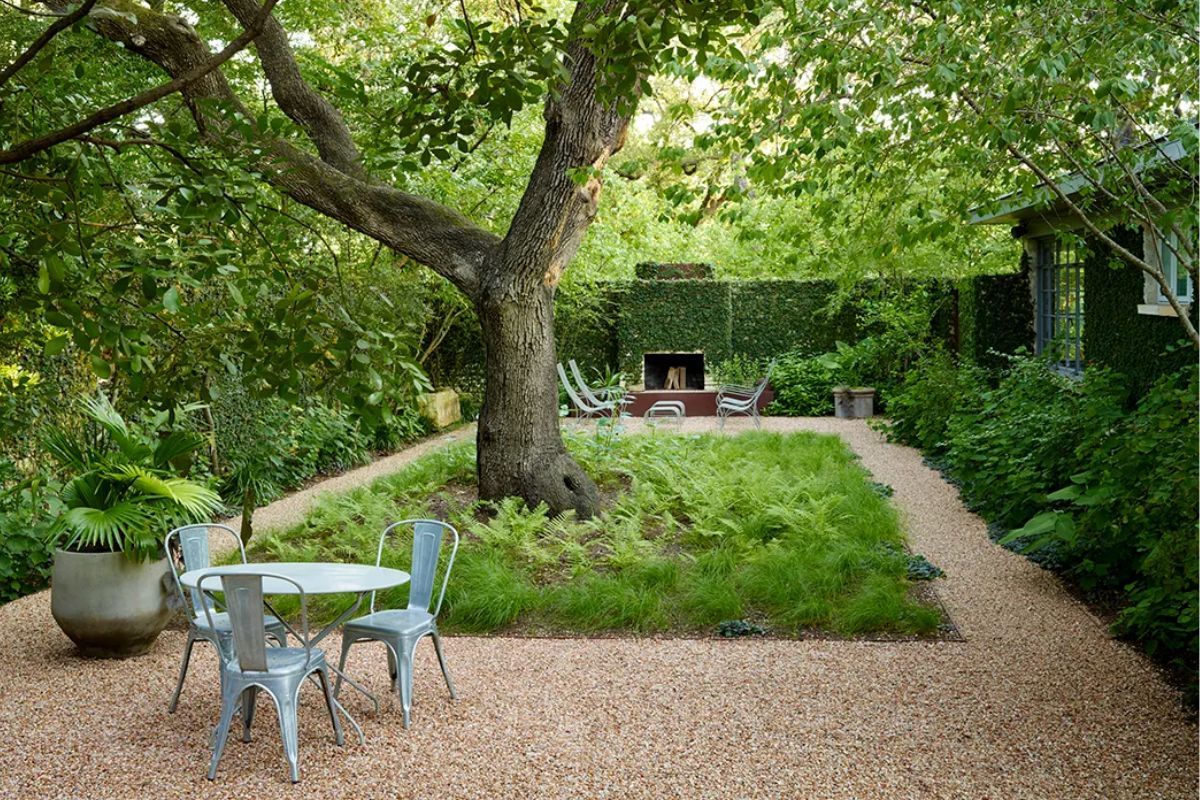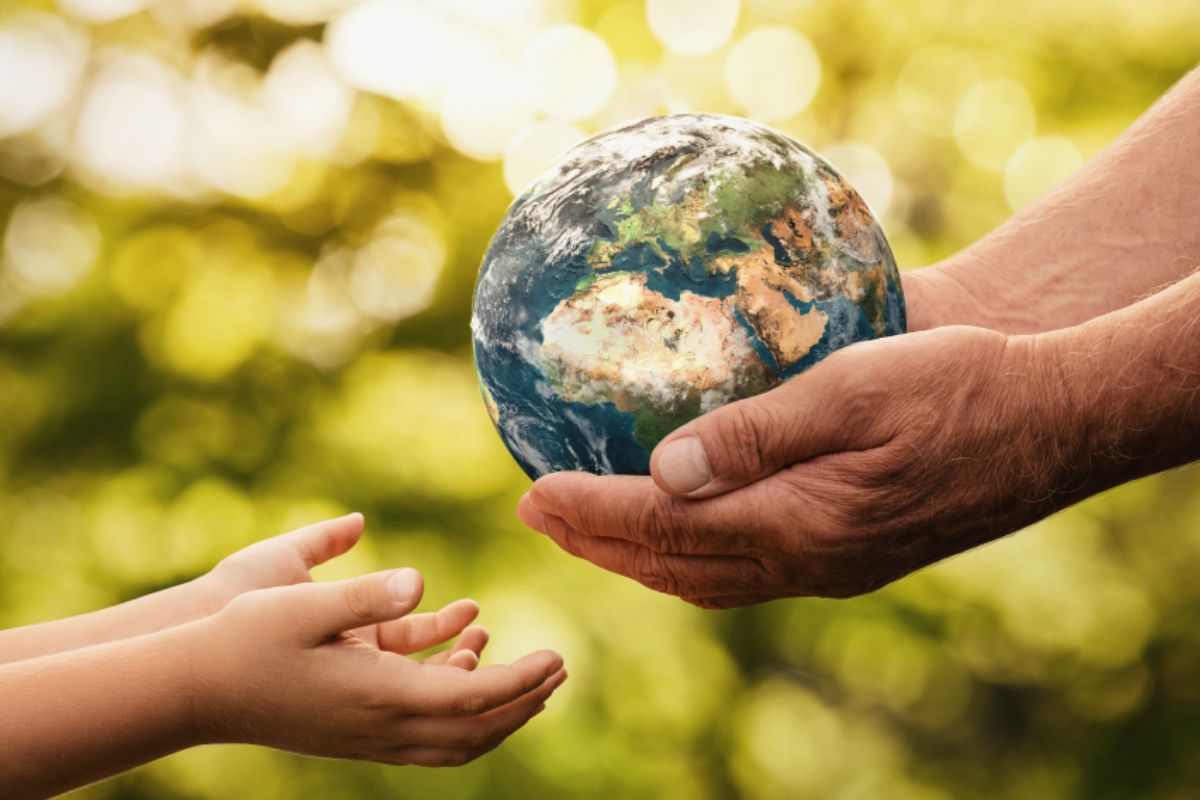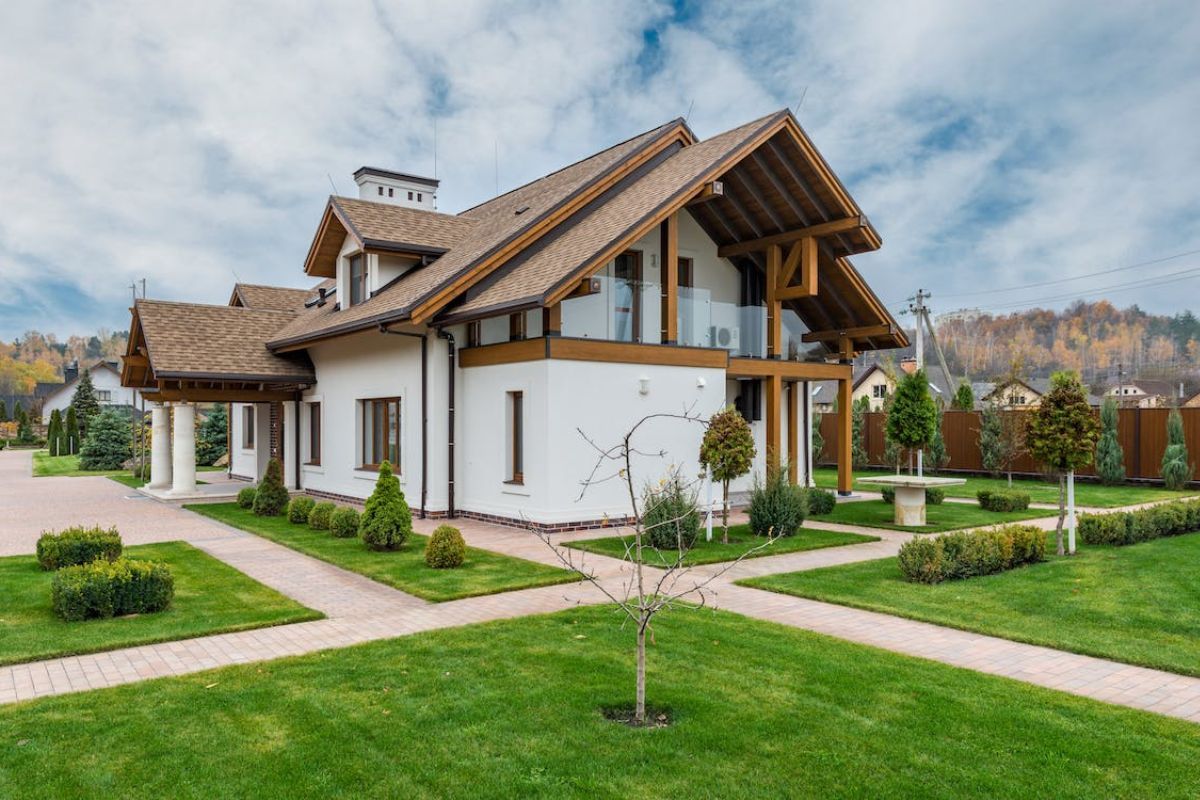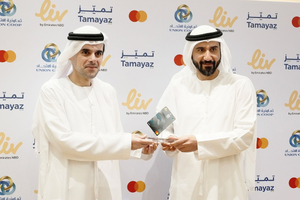Despite the city’s fame for its glitz and glamour, Dubai has made significant strides in its commitment to sustainable agriculture. Many eco-friendly, smart, and sustainable practices are implemented in the agricultural sector to combat its arid climate and limited water resources. The city has also invested in research and development collaborating with institutions to develop innovative techniques for arid farming. Dubai aims to develop a resilient and sustainable agriculture sector that would ensure food security and environmental responsibility.
Significance of Sustainable Agriculture in Dubai

In a region like Dubai, sustainable agricultural practices hold great significance. The city has a scarcity of resources like water and arid climate making it necessary to adopt sustainable farming practices to optimize resource usage. Techniques like vertical farming, controlled environment agriculture, and drip irrigation, are used to achieve higher crop yields while minimizing resource consumption. Sustainable agriculture also plays a vital role in ensuring food security by promoting local food production and reducing reliance on imports. It also helps in creating a resilient and diverse food system in the city. Adopting sustainable farming methods fosters economic opportunity, encourages development, and draws capital to the agriculture industry in Dubai.
Government Initiatives to Support Sustainable Agriculture in Dubai
Many initiatives have been taken by the Government of Dubai and other firms to enhance the agricultural sector sustainably. Some of the most popular initiatives are:
UAE Sustainable Agricultural System

UAE has launched the "UAE Sustainable Agriculture System" with the aim of increasing self-sufficiency in crop production and promoting investments in the agricultural sector. It is the first system of its kind in the country. The system primarily aims to increase self-sufficiency from targeted agricultural crops by 5 percent annually, raise average farm income by 10 percent annually, grow the workforce in the sector by 5 percent annually, and achieve a 15 percent annual reduction in water used for irrigation per production unit. The sustainable agriculture system focuses on utilizing modern technologies and making proactive changes in food and agricultural systems. A key component of the system is marketing, which aims to influence consumers to select sustainable products and aid in supply chain development. The system benefits from a combined initiative between the Government Accelerators and the Future Food Security Office which aims to boost the competitiveness of regional food production and help individuals working in the field. They also utilize smartphone applications, artificial intelligence and blockchain technology to track and manage insect movement and preserve fertility.
Food and Agriculture Entrepreneurs Programme

Ministry of Climate Change and the Environment launched the Food and Agriculture Entrepreneurs Programme to help young Emiratis develop their skills in managing agriculture and livestock projects. Part of the ‘Transformational Projects’, this initiative aims to help Emiratis launch their own businesses in the UAE's agriculture industry. It focuses on training candidates in agricultural planning, entrepreneurship, and commercial management of agriculture and livestock projects through partnerships with the private sector.
Know more about the Food and Agriculture Entrepreneurs Programme.
Food Tech Valley

Dubai has launched the Food Tech Valley initiative aiming to triple the UAE's food production and explore urban planning for smart and food-independent cities. The initiative is a partnership between the Ministry of Food and Water Security and Wasl Properties. It focuses on achieving food self-sufficiency, sustainability, and resource conservation. The Food Tech Valley in Dubai will consist of four clusters: agricultural technology and engineering, a food innovation center, R&D facilities, and an advanced smart food logistics hub. These clusters will employ modern farming techniques and innovative projects involving bioengineering, automation, robotics, and artificial intelligence.
Sustainable Agricultural Practices in Dubai
Dubai has established itself as a leader in innovation, redefining what is feasible for sustainable farming in arid environments. With visionary initiatives and groundbreaking technologies, the city is paving the way for a greener and more self-sufficient future. Here are some of the remarkable sustainable agricultural practices that have transformed Dubai's landscape.
Vertical farming

Dubai has embraced vertical farming as a solution to maximize productivity within its limited space. In vertical farms, crops are grown in vertically stacked layers using sophisticated hydroponic or aeroponic systems. Compared to conventional farming techniques, this novel approach uses less land, water, and fertilizers. The controlled indoor atmosphere makes it possible to cultivate all year round lowering the need for imported food. In addition to being aesthetically pleasing, Dubai's vertical farms also provide a wide variety of fresh greens and herbs while having minimal negative environmental impact.
Dubai is home to Bustanica, the world’s largest vertical farm. The $40 million vertical farm, a joint venture between Emirates Flight Catering and Crop One, spans 330,000 square feet featuring a state-of-the-art facility that helps to produce over a million kilograms of pesticide-free leafy greens annually. The production utilizes 95% less water than traditional farming methods saving 250 million liters of water each year. Its closed-loop hydroponic system maximizes water efficiency by recirculating and recovering water vapor.
Organic farming

Organic farming minimizes the use of synthetic fertilizers, pesticides, and genetically modified organisms by prioritizing natural and environmentally friendly practices. With this technique, high-quality, chemical-free food is produced while protecting the soil, water, and biodiversity. It also promotes the use of organic fertilizers, crop rotation, and natural pest control methods to maintain soil fertility, reduce water pollution, and protect beneficial insects. It places a focus on the preservation of regional seed types and encourages environmentally friendly farming practices that put an emphasis on long-term ecological balance. Organic farm produces are widely available at supermarkets and grocery stores in Dubai.
Rooftop gardens

Dubai's skyline not only showcases impressive architecture but also serves as a platform for urban gardening through rooftop gardens. These gardens are visually appealing as well as have some significant environmental advantages. By making use of the unused rooftop space, Dubai residents are growing their own fresh produce or flowering plants to deck up their space. If you are living in an apartment and do not have a personal rooftop, you can make use of the unused balcony space you have. The first volunteer-run urban rooftop garden in Dubai was created by Laura Allais-Mare in partnership with Time Hotels Management.
Hydroponics

Hydroponics is a method of growing plants without soil where nutrients are delivered directly to the plant roots through a water-based solution with the support of inert growing materials like perlite, rock wool, or coconut coir. In a water-scarce region like Dubai, where freshwater resources are limited, hydroponics helps in minimizing water waste as this technique allows for precise control over water usage. It also maximizes crop production in limited urban spaces conserving land resources. The controlled environment of hydroponic systems enables year-round crop cultivation ensuring a consistent food supply regardless of external weather conditions. The world’s largest vertical farm in Dubai, Bustanica, employs this technique and has been able to reduce 95 percent of water usage.
Drip irrigation is the most common hydroponics used in Dubai. Drip irrigation is an irrigation method that delivers water directly to the plant roots in a slow and controlled manner. This efficient method minimizes water waste through reduced evaporation and runoff. In arid regions like Dubai, where soils often contain high levels of salts, drip irrigation helps manage salt buildup and maintain soil fertility.
Wastewater reuse

Wastewater is put through stringent treatment procedures to make sure it is safe for agricultural use rather than being wasted. There are specialized wastewater treatment plants in Dubai for this purpose. In addition to conserving scarce freshwater resources, this resource transformation also recycles vital nutrients that would otherwise be lost. By irrigating crops with treated wastewater, Dubai's farmers witness a remarkable boost in productivity and quality. This environmentally friendly practice not only contributes to the city's food security but also reduces pollution by preventing the discharge of untreated wastewater into natural water bodies. You can also follow this sustainable practice at home. Wash your fruits and vegetables in still water and then use that water for watering the plants.
Desert farming

Due to its arid climate and limited freshwater resources, Dubai's geographical location presents challenges for agriculture. With great developments in AgTech, the city has been able to overcome this drawback to a certain extent. Cutting-edge techniques such as drip irrigation, fog harvesting, and seawater farming have been implemented to overcome the water scarcity issue. By utilizing recycled water and desalinated seawater, Dubai is creating a sustainable irrigation system that significantly reduces water wastage and preserves precious resources.
Liquid natural clay (LNC), a ground-breaking technique created by Dubai-based agri-tech business Desert Control, can transform deserts into fertile lands. This innovative solution has the potential to revolutionize the agriculture sector in the Middle East and beyond. LNC is sprayed directly onto the ground to help the soil, whether it's topsoil, sandy soil, or desert sand, to retain water and nutrients more effectively. In the long run, this technique has the potential to green up parched terrain, reduce carbon dioxide emissions, and improve food security.
Also Read:















